Richestlists shift, valuations vibrate with markets, and yet certain entrepreneurs sit so securely a top of their empires that the leaderboard barely changes as the calendar turns to 2026.The most financially prominent Black female founders and owner-operators whose companies, brands, and equity stakes anchor multi-hundred-million to multi-billion-dollar fortunes—based on reported estimates and credible profiles through 2025, with trajectories that still point up.
In this Article, we are going to discuss top 10 female in black entrepreneurs in 2026. Here presenting the list:
Top 10 Richest Black Female Entrepreneurs in 2026
1. Oprah Winfrey
Oprah is the archetype—media impresario, investor, culture-shaper—and her three-decade arc from broadcast phenom to owner of Harpo and a majority stake-builder across film, television, and consumer platforms still underwrites an estimated multi-billion-dollar fortune. Harpo Studios, OWN partnerships, and disciplined equity compounding turned a singular personal brand into a portfolio, which is why she remains the canonical example of how celebrity can be converted (carefully) into enduring enterprise value. In all honesty, very few founders manage that pivot without dilution of either voice or returns; Oprah did both with poise and numbers to match.
2. Rihanna (Robyn Fenty)
Rihanna’s leap from global star to beauty magnate wasn’t a side hustle; Fenty Beauty is a case study in product-market fit, inclusive shade ranges, and smart joint-venture structuring, with Savage X Fenty broadening the revenue base and validating the brand’s cultural thesis. The result is a net worth estimated around the billion-plus mark, largely driven by brand equity in beauty—a category that, unlike touring or streaming, compounds when distribution and loyalty lock in. To be fair, few consumer brands establish this kind of durable emotional moat; Fenty did, and the balance sheet shows it.
3. Sheila Johnson
A new entrant to the billionaire ranks in 2025, the BET cofounder’s wealth now reflects a diversified set of assets—from hospitality and sports to media—built over decades of post-BET reinvention. Johnson’s ownership pedigree (including stakes in major sports franchises historically) and the Salamander Hotels & Resorts platform have long signalled that she was building for scale, not just headlines. It’s a quieter ascent than some, but the billionaire designation confirms what insiders suspected: the numbers finally caught up with the strategy.
4. Beyonce Knowles-Carter
Call it a meticulous empire: Parkwood Entertainment, touring economics rewritten at stadium scale, film and streaming partnerships, and a growing slate of brand-led ventures that elevate her beyond performer into owner—and a very sophisticated one. While public estimates vary, her placement among the wealthiest Black female entrepreneurs is defensible on fundamentals: multiple cash engines, durable IP, and a relentless ability to monetize global demand without overexposure. Interestingly enough, the operating discipline around tours and rights reminds more of a media portfolio manager than a pop icon.
5. Janice Bryant Howroyd
The founder of ActOne Group built the largest minority woman–owned employment agency in the U.S., and the reported net worth—well north of half a billion dollars—reflects hard-operating cash flow rather than hype. Staffing, workforce solutions, vendor-on-premise services: not glamorous on the surface, but intensely sticky when execution is consistent, which explains her longevity on any serious list of top Black female entrepreneurs by wealth.
6. Cathy Hughes
Radio One (now Urban One) didn’t just capture audience share; it institutionalized it, translating cultural credibility into advertising power and then into public markets, where Hughes became the first Black woman to head a publicly traded U.S. corporation. With a reported net worth in the $450–$500 million band, Hughes remains a blueprint for how niche media, done at scale, outperforms broader plays by knowing the audience better than anyone else. In a world of algorithmic feeds, that original insight—owning the microphone—still pays.
7. Emma Grede
Co-founding Good American and serving as a founding partner of SKIMS put Grede at the centre of two of the most successful apparel and shapewear stories of the decade, with an estimated net worth north of $300 million. The real edge isn’t celebrity adjacency; it’s supplied chain rigor, relentless product-market testing, and a pragmatic understanding of how consumer brands scale without losing their point of view. To be candid, many fashion startups chase virality; Grede built operations that survive it.
8. Beyonce’s peer group: Lisa Price
Lisa Price’s Carol’s Daughter began at a kitchen table and matured into a big textured-hair brand sold by major retailers and strategic partners, confusing of how cultural specificity can become mainstream commerce. While her personal net worth isn’t disclosed, the enterprise value created and the exit pathways she unlocked put her among the most financially impactful founders in beauty from the early natural-hair movement. The broader takeaway for 2026: founder-led heritage brands in beauty still command pricing power if community trust remains intact.
9. Melissa Butler
The Lip Bar endured rejection on national television, then turned that sting into fuel, ultimately building one of the largest Black-owned colour cosmetics brands on big-box shelves, a feat that translates to serious enterprise value even if personal net worth isn’t public. Butler’s arc signals a shift in how wealth is built: long-tail DTC plus retail partnerships, brand voice that doesn’t pander, and unit economics tuned for mass while keeping indie credibility. In all honesty, that’s harder than it reads, and the durability says the fundamentals are real.
High-influence operators with substantial stakes: Beyoncé’s cohort and beyond
A final slot in any 2026 list invites debate, but the case for elite operators who translate cultural capital into enduring businesses is strong, and Beyoncé’s standing among top earners and founders remains a fair inclusion backed by both performance and ownership. The throughline is familiar now: control IP, price the scarcity, and partner only when the upside beats dilution, a playbook that increasingly defines the modern entertainment-entrepreneur fortune.
Conclusion
Representation matters, yes, but so does repetition—quarter after quarter of execution that turns culture into cash flow and cash flow into compounding equity. These founders show that ownership is not a slogan; it’s a spreadsheet, a cap table, a set of rights and royalties that, guarded carefully, build real wealth over time. And in 2026, that’s the quieter headline: the richest Black female entrepreneurs didn’t merely break through—they stayed, scaled, and systematized.
Click Here:

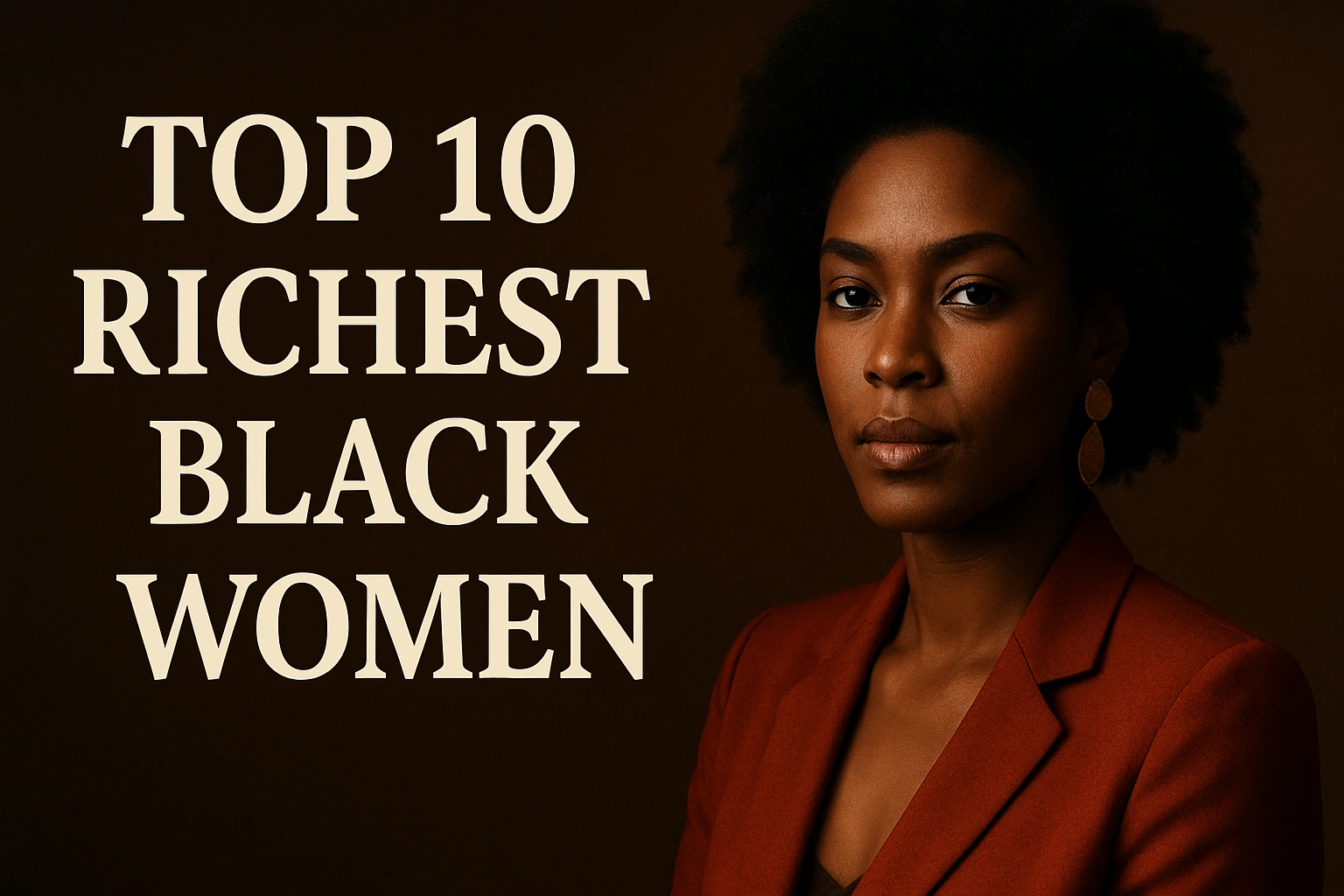

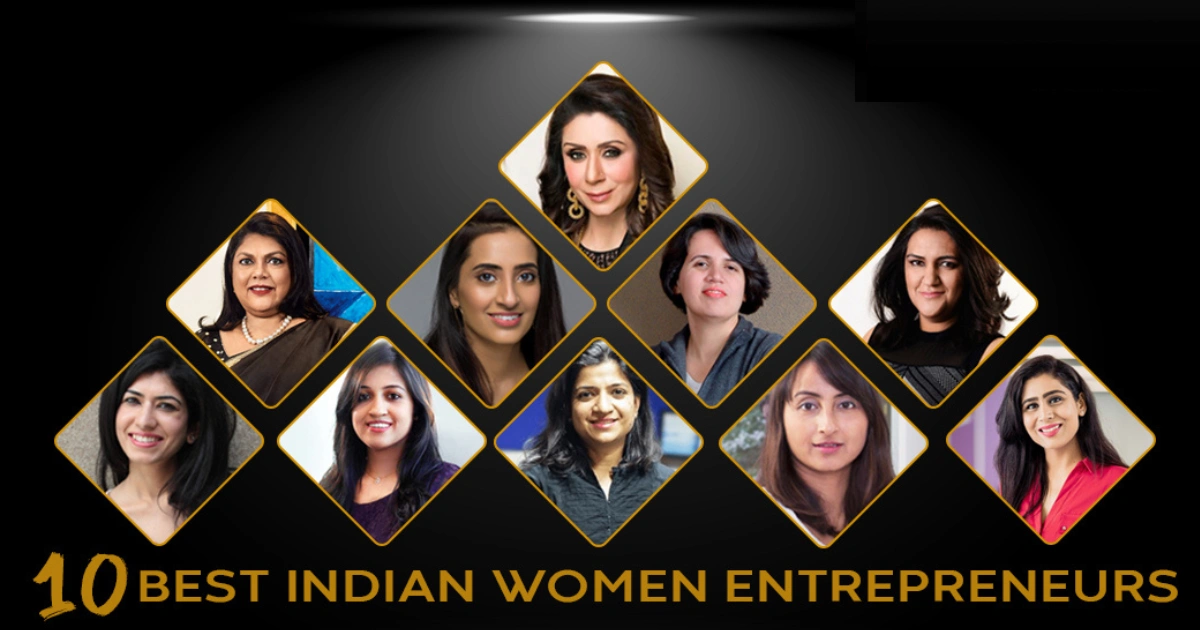



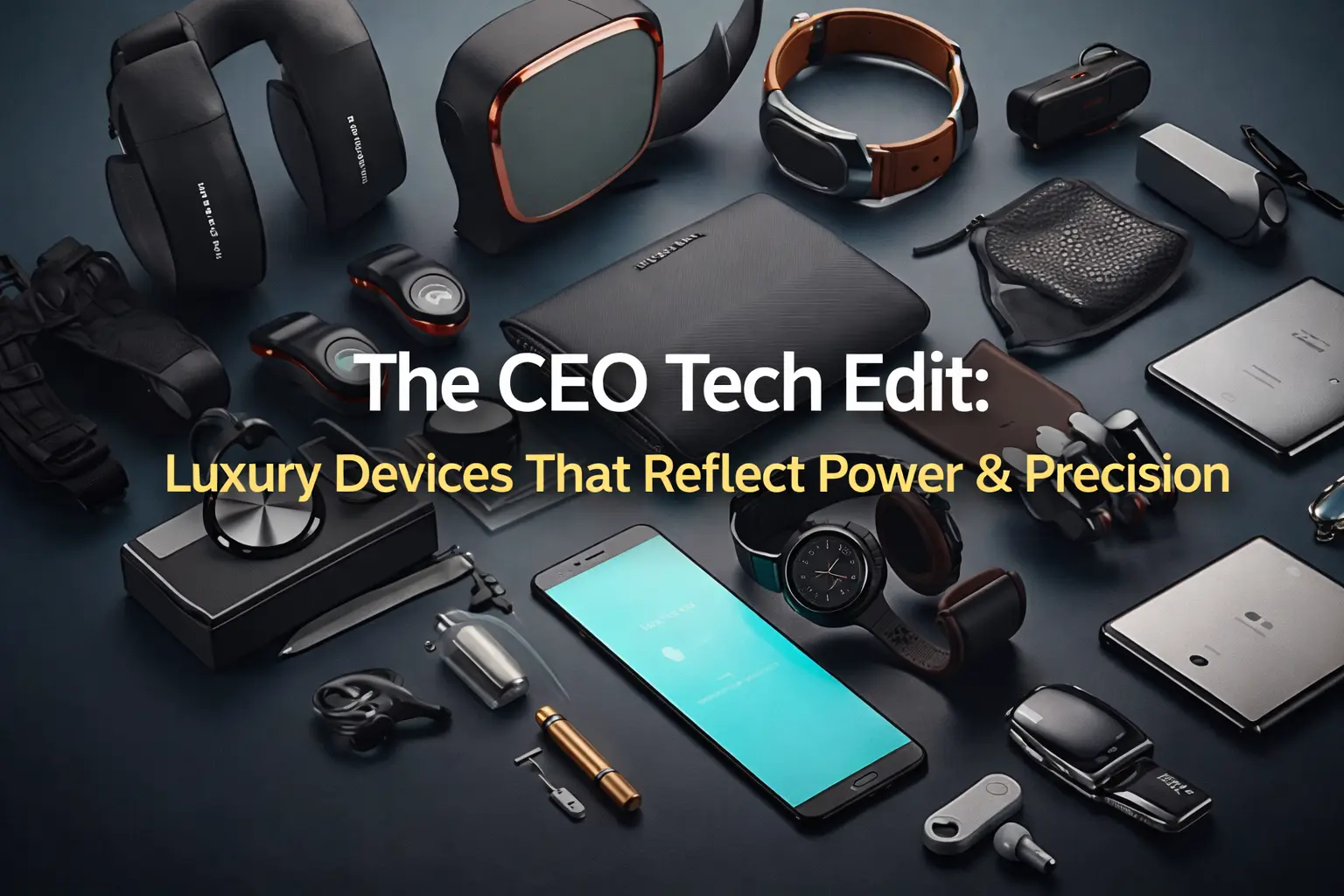




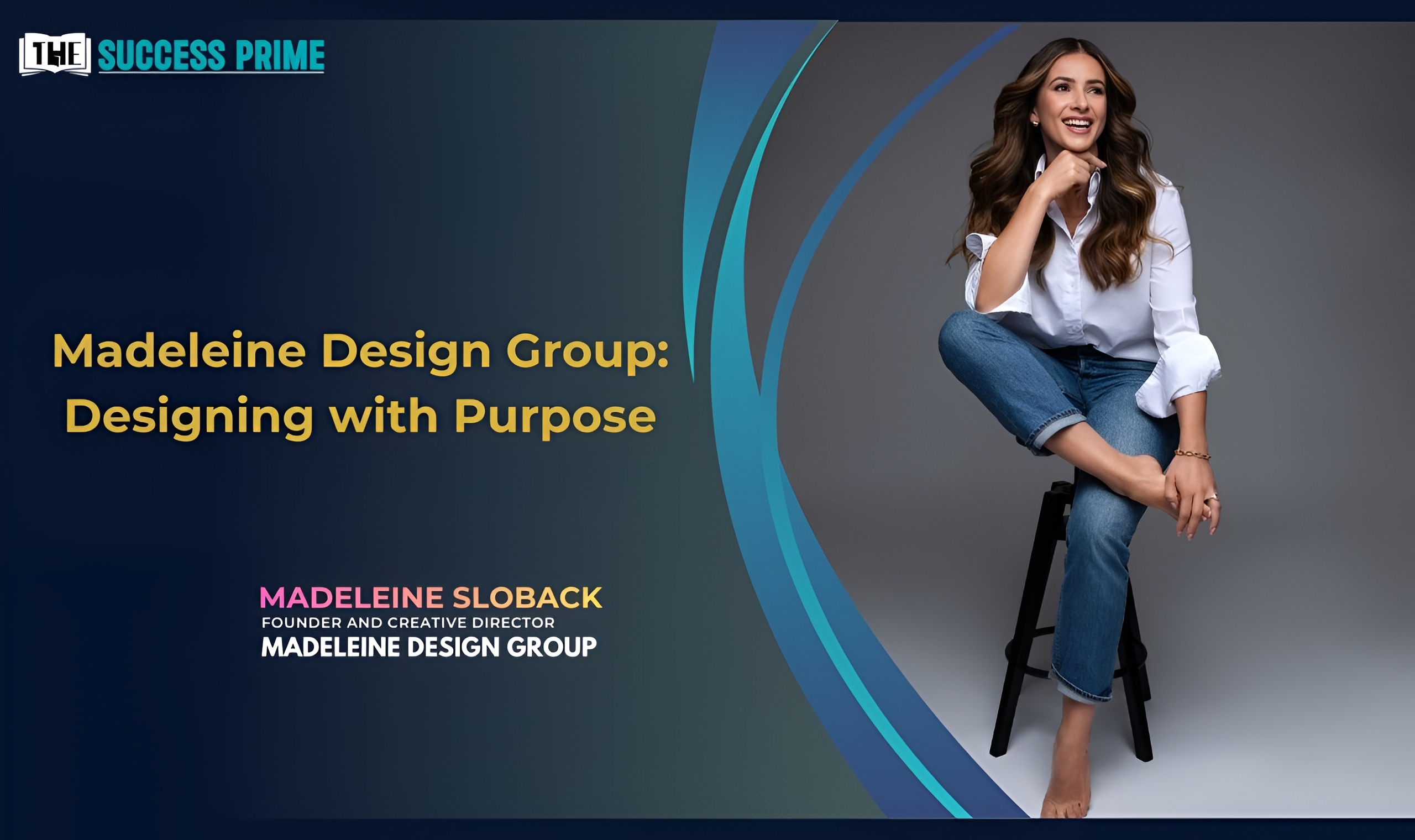


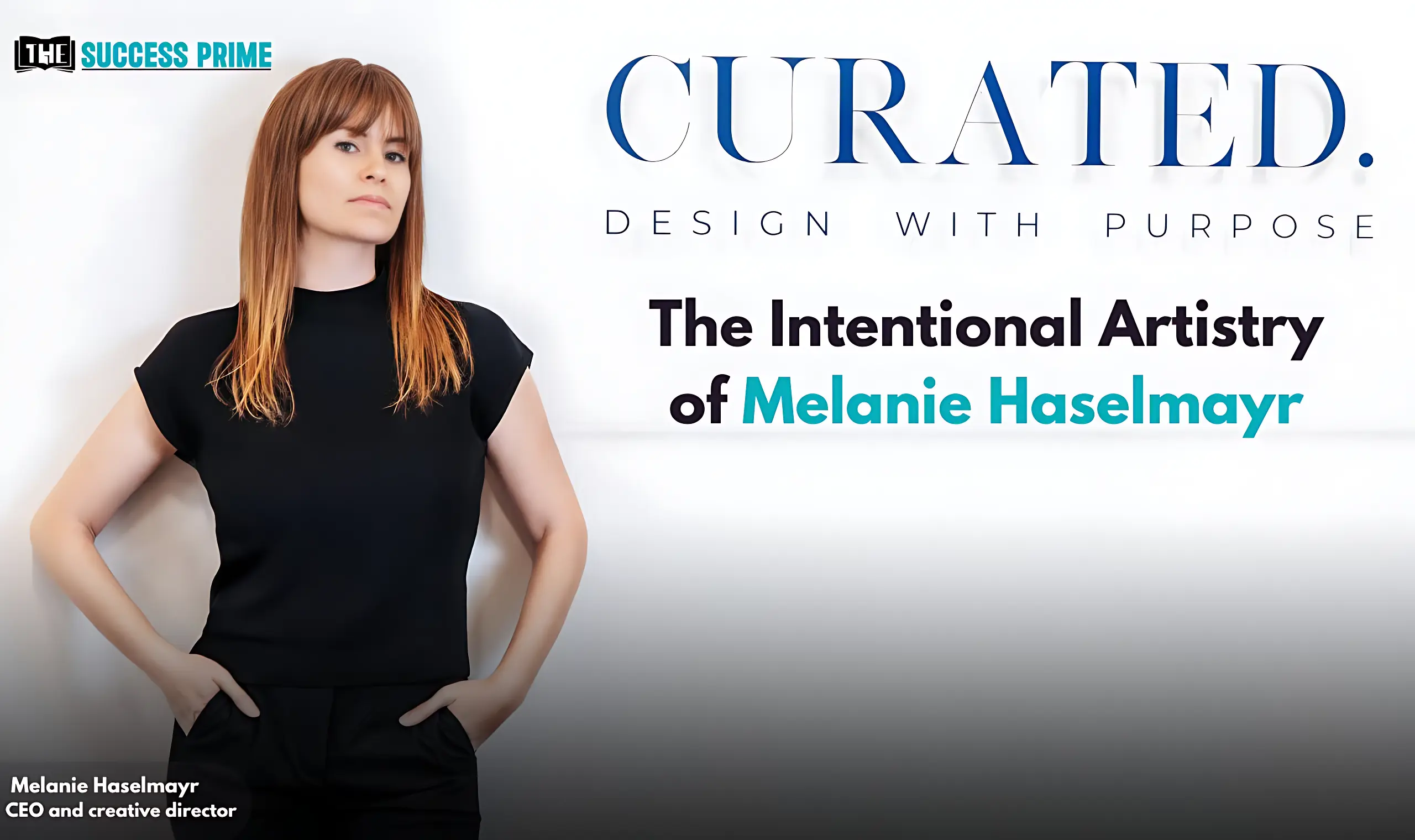
Leave a Reply